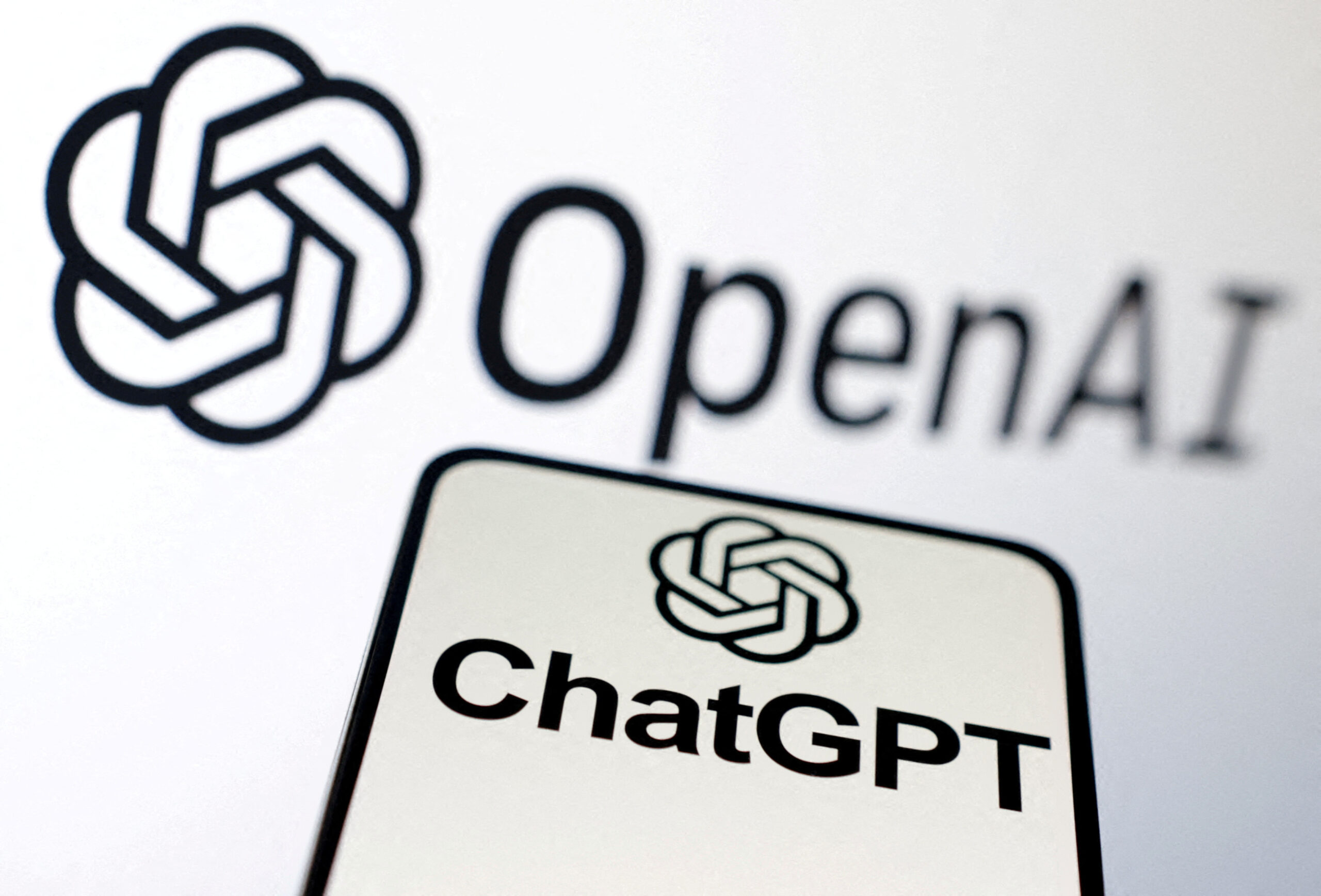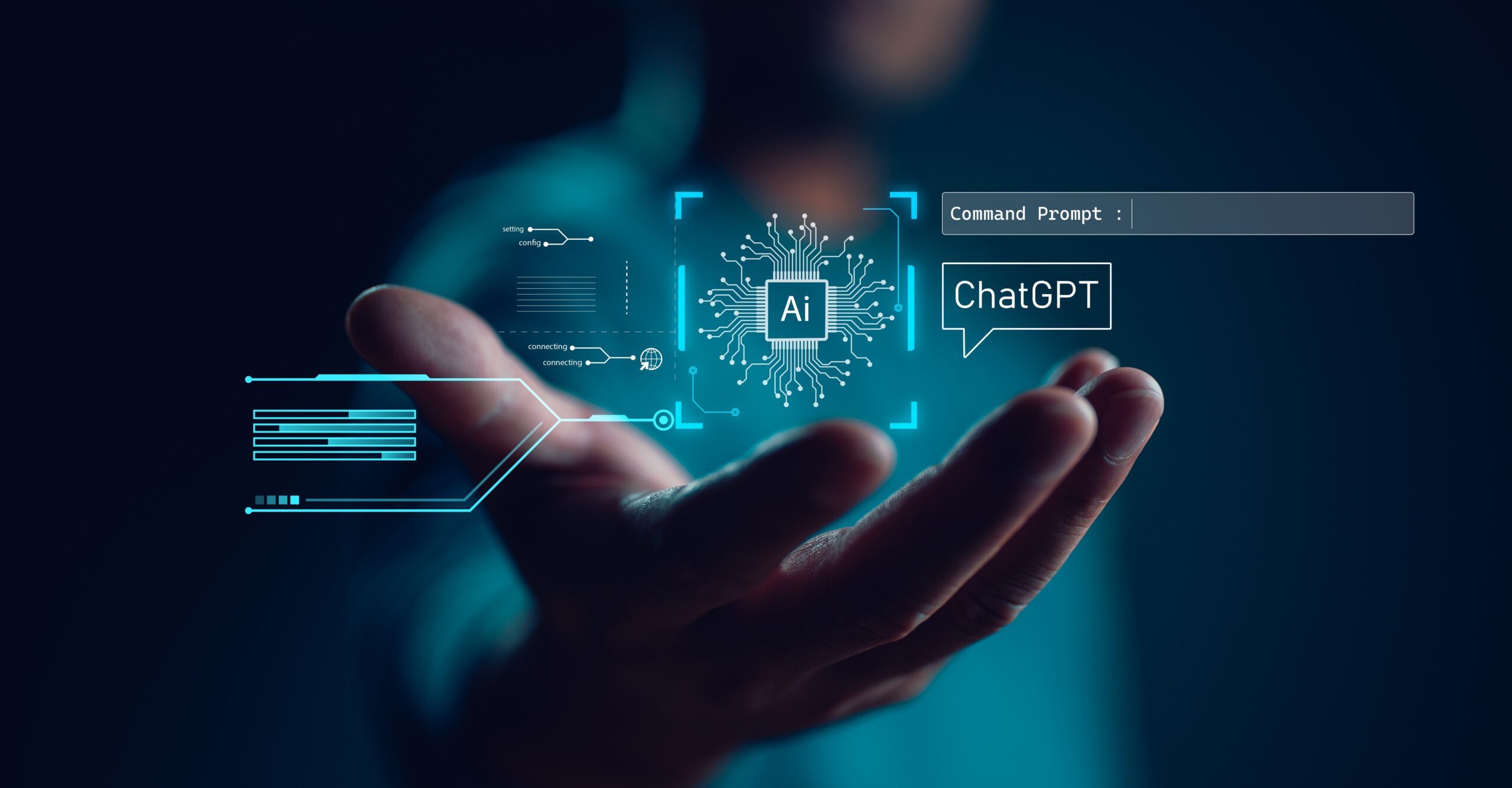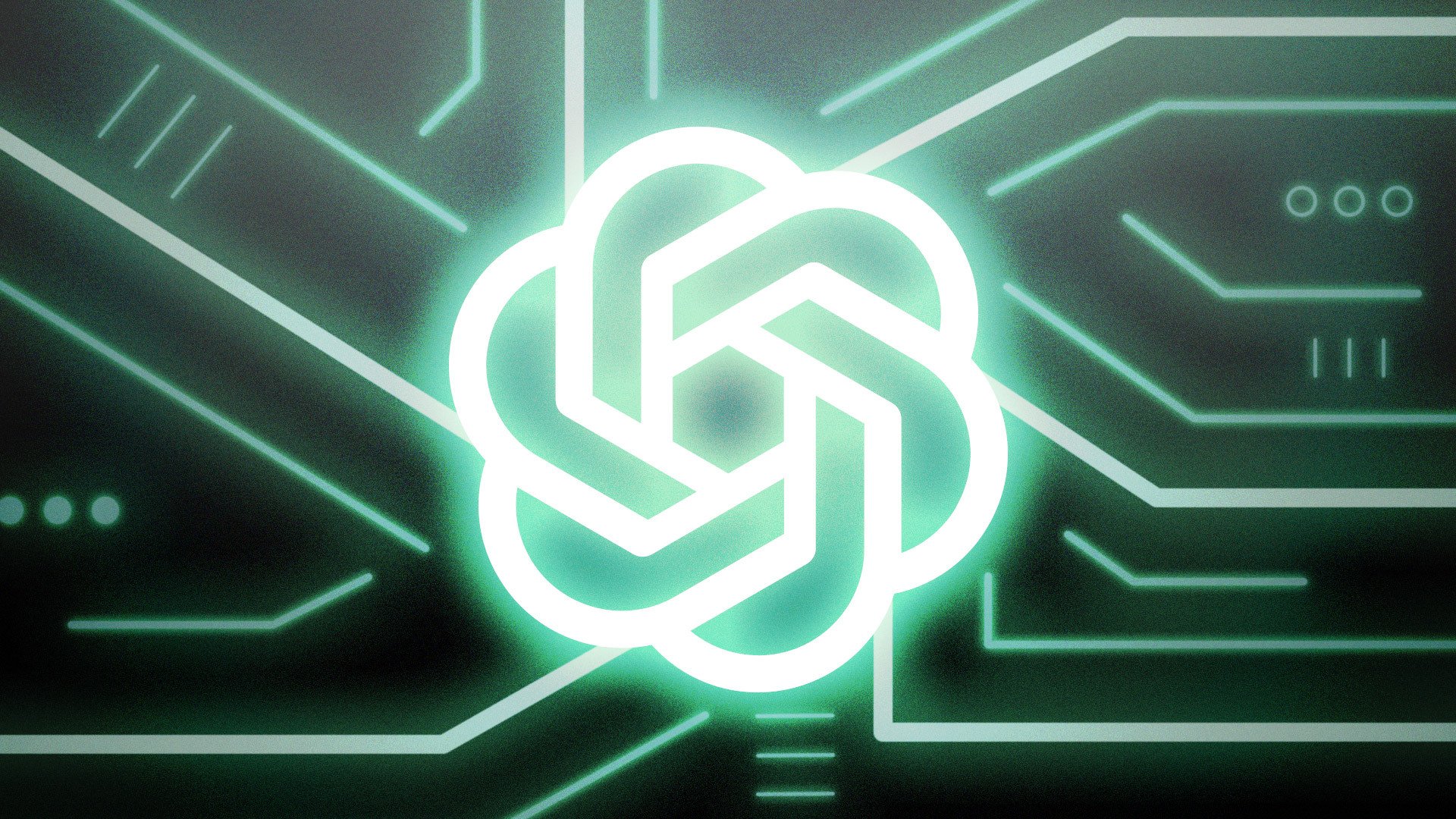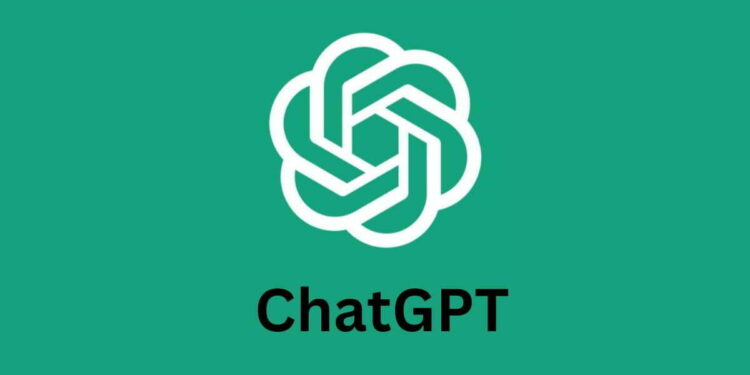OpenAI, the driving force behind the widely popular ChatGPT, has just made a bold move by launching a Windows desktop application for its AI assistant. This new release is set to revolutionize how people work, allowing seamless access to ChatGPT right from their desktops. But this isn’t just about adding convenience—OpenAI is gunning for a bigger prize: to become the go-to AI tool for both personal and professional productivity. Here’s how this new Windows app is shaking things up.

ChatGPT’s Windows App: A Seamless AI Experience
The new ChatGPT for Windows app, currently available in preview for ChatGPT Plus, Enterprise, Team, and Edu subscribers, marks a major shift in how users interact with the AI. No more switching between your web browser and work tasks. With a simple Alt + Space keyboard shortcut, you can now access ChatGPT from anywhere on your PC. This kind of deep integration into everyday workflows is expected to boost productivity and make AI assistance more accessible.
A Desktop Strategy That Goes Beyond Convenience
OpenAI’s move to bring ChatGPT to desktops isn’t just about convenience—it’s about reshaping how we work. The launch of this native Windows app is part of a broader strategy to embed ChatGPT into both personal and professional settings, making the AI an indispensable part of daily life. By integrating directly into operating systems, OpenAI is setting the stage for increased user engagement, data collection for model improvement, and the creation of an AI ecosystem that could be hard for competitors to match.
This desktop-first approach is particularly telling of OpenAI’s broader ambitions. As the AI industry becomes more competitive, OpenAI is positioning ChatGPT to be more than just a chatbot—it’s aiming to become the default AI assistant for knowledge workers, capable of transforming how information is processed and how work gets done.
Is ChatGPT the Future of Office Productivity?
The launch of ChatGPT for Windows comes at a pivotal time for OpenAI. The company is rapidly expanding its reach beyond individual users to target enterprise-level applications. And it’s clear that OpenAI sees itself as a potential disruptor of traditional office software.

OpenAI has already been making waves by partnering with Bain & Company, a move designed to help sell ChatGPT to businesses. With the launch of the desktop app, it seems clear that the company is positioning ChatGPT as a fundamental part of the modern workplace, potentially even replacing or integrating with tools we use every day—like email clients, word processors, or spreadsheet software.
In fact, OpenAI’s strategic partnerships, including ongoing discussions with Oracle for AI data center infrastructure and potential collaborations with the U.S. military, suggest a growing focus on enterprise applications. If this strategy succeeds, we could be looking at ChatGPT becoming as ubiquitous in the workplace as Microsoft Office or Google Workspace.
ChatGPT: The Operating System for Knowledge Work?
The implications of ChatGPT’s expansion into the desktop space are huge. OpenAI is not just content with making ChatGPT a handy AI assistant for answering questions—it’s aiming to become a core part of how we work. Some experts even suggest that if OpenAI’s strategy plays out as planned, ChatGPT could become a sort of operating system for knowledge work.
“Instead of relying on multiple software tools, businesses and individuals might use ChatGPT to manage everything from communication to content creation, data analysis, and beyond.”
And with more businesses looking to optimize productivity and cut down on software costs, this unified AI approach could be exactly what companies are looking for.
Ethical Concerns in OpenAI’s Rapid Growth
With great power comes great responsibility, and OpenAI is no stranger to controversy. While the Windows app is undoubtedly a major win for OpenAI, it also highlights some of the challenges the company faces as it grows.
The increasing influence of OpenAI, especially as it integrates into professional workflows, raises concerns about biases in AI and the potential for monopolistic practices. As OpenAI becomes more deeply embedded in daily work and life, the ethical implications of its technology come to the forefront.
“Critics have pointed out that OpenAI’s dual identity as both a capped-profit company and a commercial entity can sometimes create conflicts of interest.”
The company claims to be committed to ensuring that artificial general intelligence benefits all of humanity, but its rapid commercialization has some questioning its long-term goals. As ChatGPT becomes more integrated into our lives, the company will need to balance innovation with the responsibility to ensure that its technology is safe, fair, and unbiased.

What’s Next for OpenAI and ChatGPT?
Looking ahead, OpenAI’s success with the ChatGPT Windows app could solidify its role as the leader in the AI space, but it’s also a reminder of the high stakes involved in the AI race. The more users rely on ChatGPT for their daily tasks, the more pressure there is on OpenAI to ensure that its AI behaves ethically and responsibly.
The future of AI, especially in professional environments, hinges on getting it right—not just in terms of technical innovation, but in addressing the societal impact of AI. As OpenAI continues to push boundaries, the company will need to navigate these challenges carefully.
The launch of ChatGPT for Windows may be just the beginning of a broader transformation in how we use AI at work and in our personal lives. Whether it’s boosting productivity, reshaping workflows, or addressing the ethical challenges of AI, one thing is clear: OpenAI is setting the stage for an AI-driven future.










